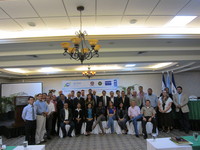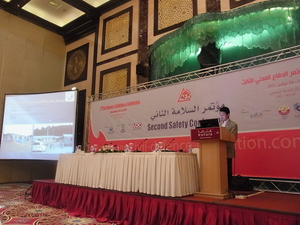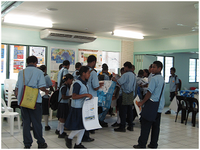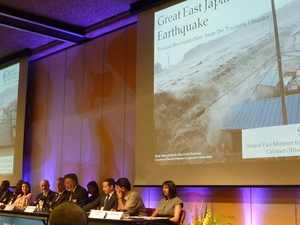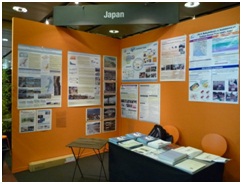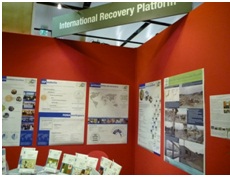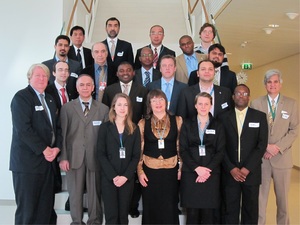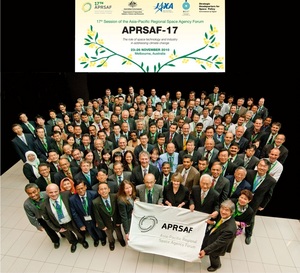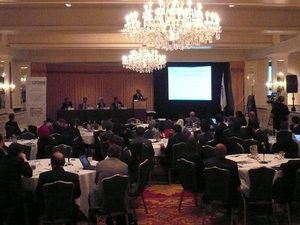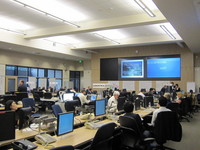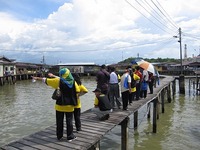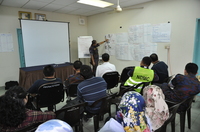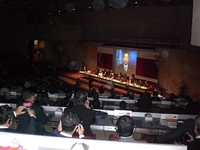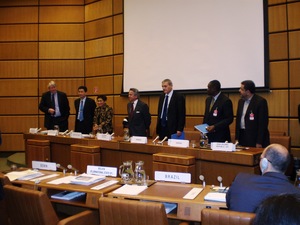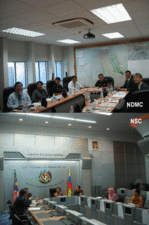Cancun, Mexico (May 22-26, 2017)
With the overarching theme "From Commitment to Action", the International Recovery Platform/Asian Disaster Reduction Center (IRP/ADRC) had actively engaged in the fifth session of the Global Platform by: (i) putting up a booth at the Market Place, (ii) delivering a talk at the Ignite stage; and (iii) organizing a side event in line with Priority Four of the Sendai Framework. The IRP/ADRC events were aimed at advocating for:
• Closer cooperation with development partners, regional intergovernmental organizations, regional organizations, and regional platforms for disaster risk reduction by promoting effective build back better outcomes
• Wider dissemination and information sharing of knowledge and experiences on build back better in recovery, rehabilitation, and reconstruction
The outcomes of these events contributed to the Chair's Summary, which addressed the priority action areas that emerged from the meeting.
IRP/ADRC Booth at the Market Place
The booth featured knowledge products (e.g. guidance notes and tools) on build back better and resilient recovery. The materials were drawn from IRP members and partners. At the end of the global, the following were achieved:
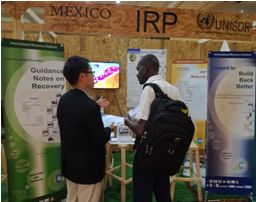
•Distributed over 400 CDs containing case studies, tools, and guidance on build back better
•Handed out over 500 printed brochures on IRP and recovery (e.g. IRP and members' brochures, guidance notes, and reports)
•Showed promotional video on Build Back Better as well as related videos from members
•Displayed banners bearing key messages on IRP works on build back better
IRP/ADRC Ignite Stage Presentation
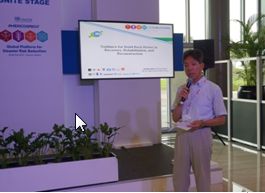
At the Ignite Stage, the value addition of IRP/ADRC Guidance Notes on Recovery was demonstrated by presenting the case of Japan, and why it can build back better. Based on analysis of the case studies on recovery from Japan, the following insights were drawn. Firstly, Japan demonstrates "readiness to recover". This can be observed in the number of existing pre-disaster recovery plans and pre-agreements prior to disaster such as the one prepared by the Tokyo Metropolitan Government in preparation for the Nankai Trough earthquake. Secondly, Japan deliberately corrects the mistakes in policy, infrastructure, and societal systems during recovery phase. This is clearly evident when Government of Japan updates the building codes and relevant legislation following a disaster. Finally, Japan persistently promotes a "culture of resilience" by integrating readiness to recovery in people's lifestyle. This is promoted through massive information dissemination, awareness-raising, and regular drills.
IRP/ADRC Side Event
The IRP/ADRC Side Event was jointly organized with JICA. In this session, innovative programs on build back better - as presented by the speakers from JICA, India, and Guatemala - commonly highlighted "good governance of recovery process" as one of key factors for successful implementation. To achieve this, the following actions were specified.
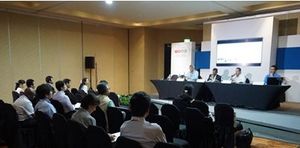
First, it is important to promote local ownership of the recovery process. The findings based on JICA's comparative study of Hurricane Mitch, Indian Ocean Tsunami, and Typhoon Haiyan revealed that local ownership of recovery process is fundamental to achieving build back better. Ownership of the process promotes a more decisive and accountable decisions. It implies learning from past experiences to effectively achieve the recovery vision. It was argued that the stronger the local ownership, the lesser the role of international actors. However, it was noted that local ownership does not necessarily mean denying external support and assistance. Second, it is necessary to ensure responsibility with authority. The experiences of India pointed that responsibility with authority includes strong institutional system that effectively handles political dynamics and continuity of efforts. It includes ability to delegate roles such making use of experts, consulting with stakeholders, community engagement, timely decision-making, effective coordination, and application of lessons from previous experiences. Finally, it is useful to adopt a National Disaster Recovery Framework. The Framework helps promote effective governance of the recovery process as this specifies the recovery protocols, roles of stakeholders, and tools to use for planning. In the case of Guatemala, the country adopted a National Disaster Recovery Framework in 2013 and was effectively put into practice during the recovery from the San Marcos Earthquake of 2014. The same municipality was impacted by earthquake in 2012. The Framework facilitated a more effective recovery for the following reasons: (i) it resulted to a more coordinated role sharing among agencies of the public sector due to prior knowledge and understanding; (ii) it allowed better distribution of resources in short-term and mid-term phases; and (iii) it reduced information gaps. With Guatemala's experience and readiness to build back better, the country was able to provide technical assistance for recovery in neighboring Ecuador following the earthquake in April 2016.
(2017/05/31 14:40)


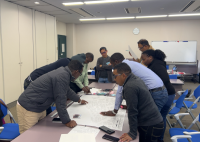
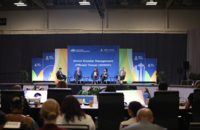
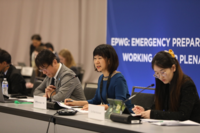
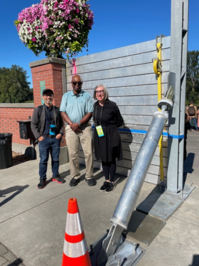
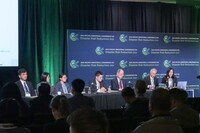
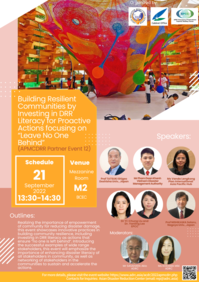
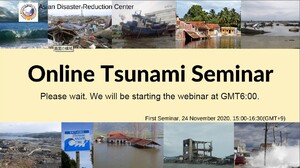
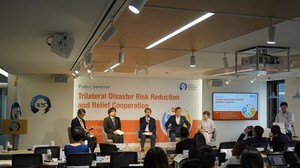
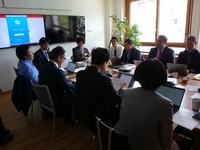
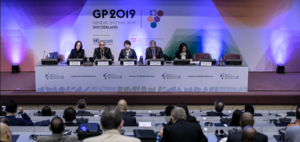

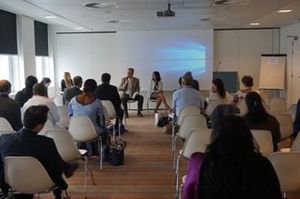
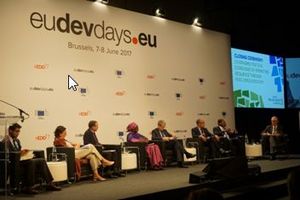



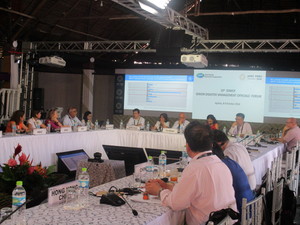
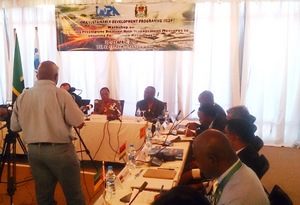
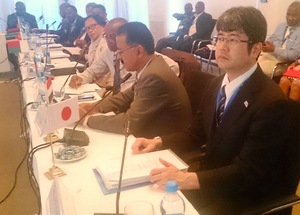
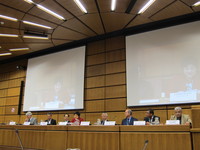
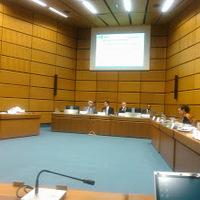
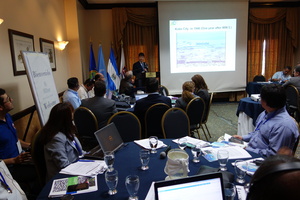
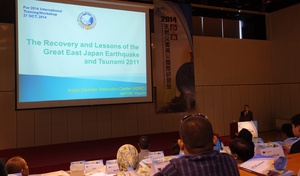


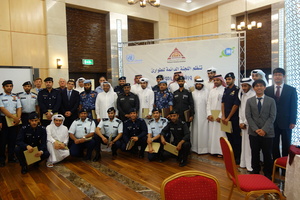
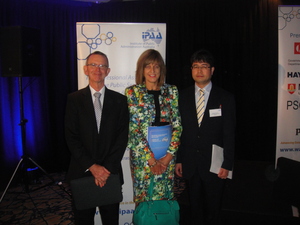
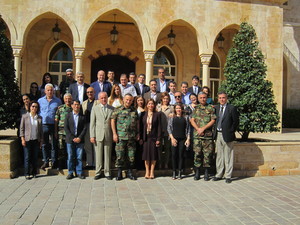
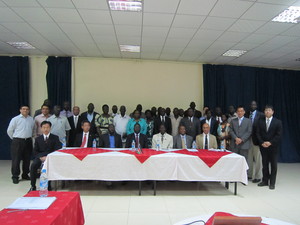
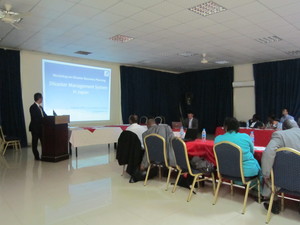
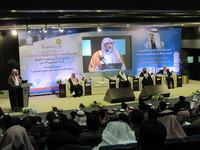
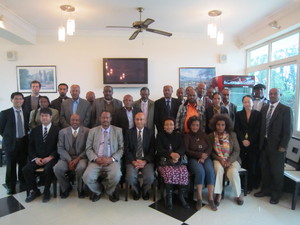
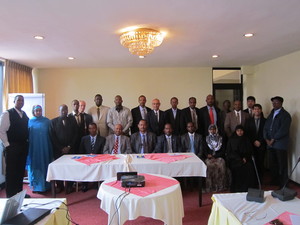
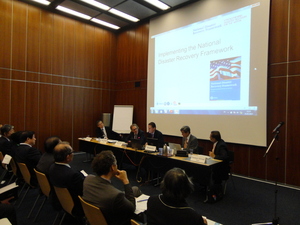
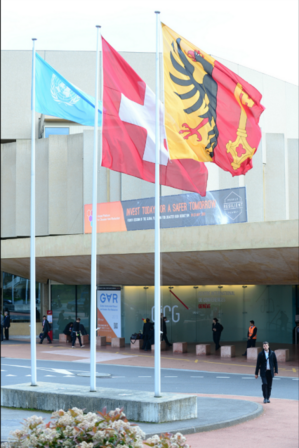
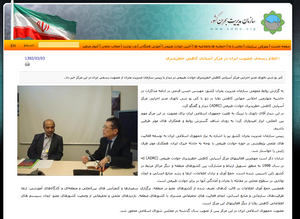
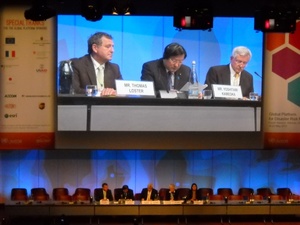
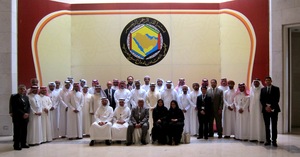
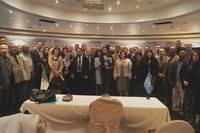
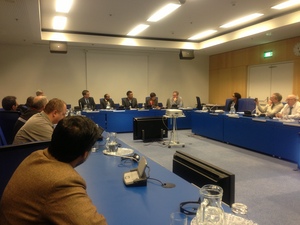
-thumb-200x133-1339.jpg)
